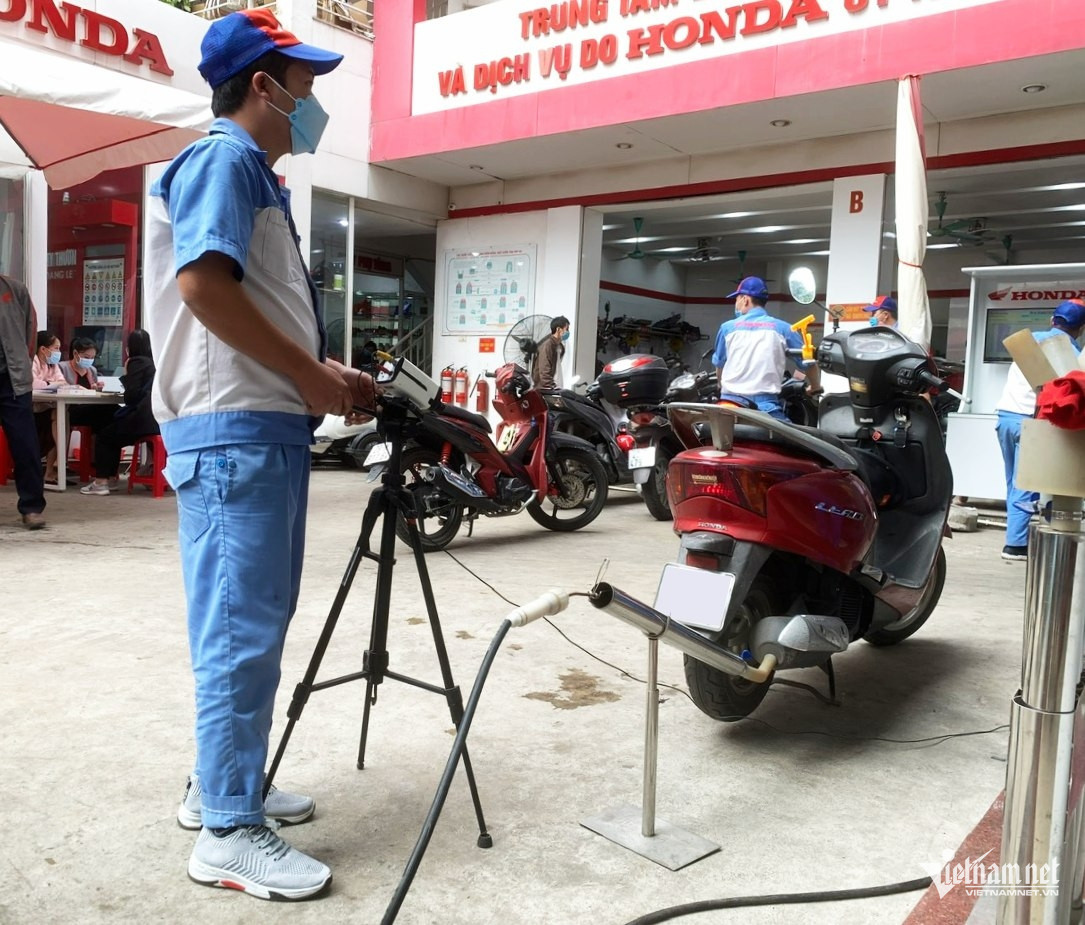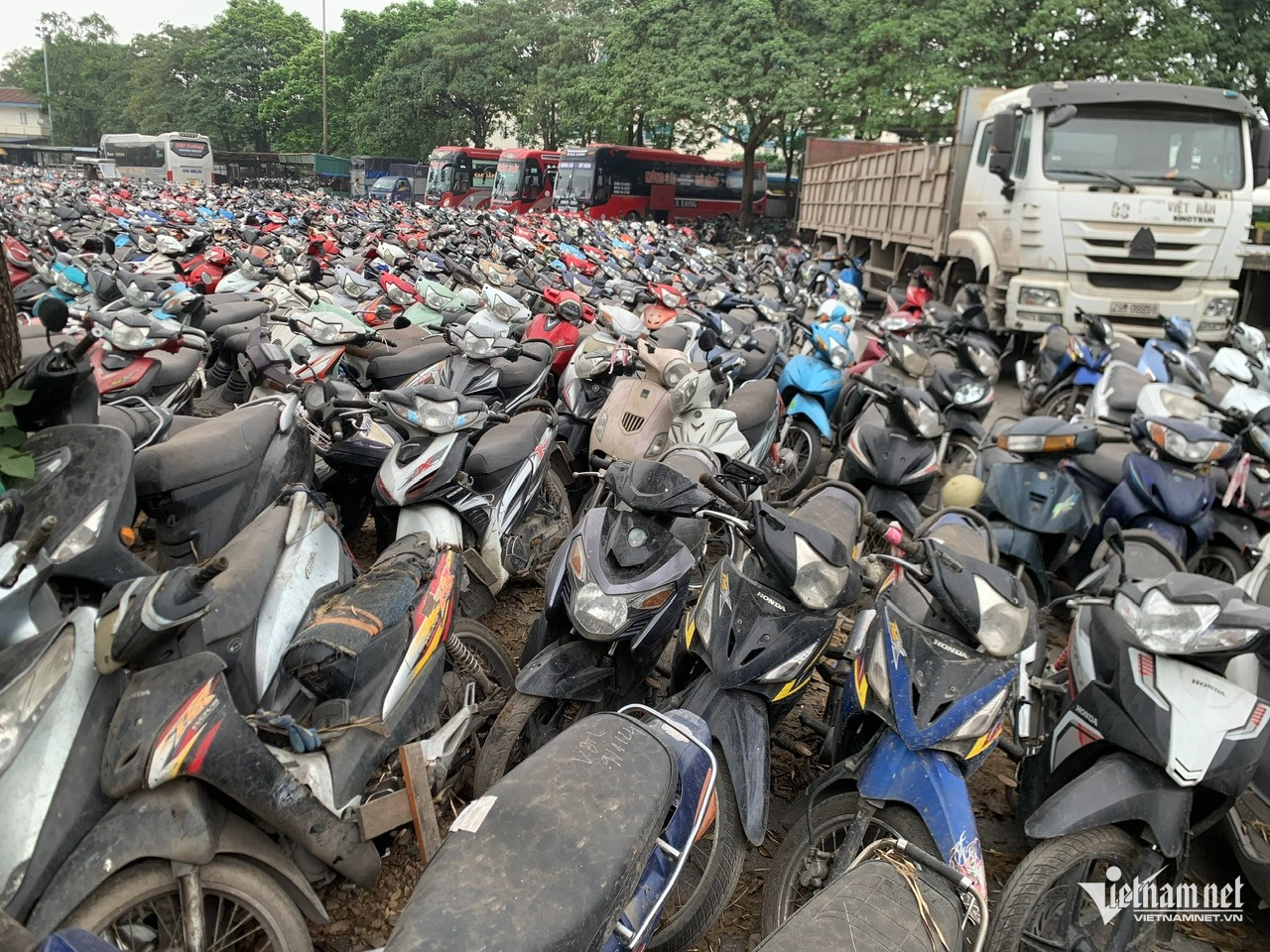
A new draft regulation may soon require emissions testing for all motorbikes, potentially leading to the phase-out of millions of older vehicles. While the environmental benefits are clear, the proposal has raised concerns among low-income communities.
The Ministry of Agriculture and Environment is drafting a Prime Ministerial Decision outlining the roadmap for implementing national technical standards for motorbike emissions. The goal is to control and reduce air pollution caused by motorbike exhaust, thereby protecting public health and improving environmental quality.
Which vehicles will require emissions testing under the new regulation?
The roadmap will begin with pilot implementation in Hanoi and Ho Chi Minh City, before expanding nationwide. Motorbikes will be categorized by production year to determine applicable emissions standards.
The draft proposes the following timeline:
From January 1, 2027: Hanoi and Ho Chi Minh City begin emissions inspections for motorbikes and mopeds.
From January 1, 2028: Implementation expands to four more centrally-run cities: Hai Phong, Da Nang, Can Tho, and Hue.
From January 1, 2030: Emissions checks apply nationwide. Provinces may adopt earlier timelines depending on local conditions.
The draft also outlines different standards by vehicle type and age. For motorcycles (engine capacity ≥50cc):
Produced before 2008: Subject to Level 1 emissions limits.
Produced between 2008 and 2016: Level 2.
Produced from 2017 to June 30, 2026: Level 3.
Produced from July 1, 2026 onwards: Level 4.
Mopeds (engine capacity <50cc):
Produced before 2016: Level 1.
Produced between 2017 and June 30, 2027: Level 2.
Produced from July 1, 2027 onwards: Level 4.
By January 1, 2032, all motorbikes in Hanoi and Ho Chi Minh City must meet at least Level 2 standards. Vehicles entering “low-emission zones” in Hanoi must comply with specific standards set by the city council.
Millions of old motorbikes could be eliminated

Currently, Vietnam has no mechanism to gradually phase out old, heavily polluting motorbikes. With more than 75 million motorcycles nationwide - including 7 million in Hanoi and over 10 million in Ho Chi Minh City - an estimated 70% of these have been in use for over 10 years.
Experts estimate that if mandatory emissions checks are enforced, around 50 million bikes will undergo periodic inspections. Of these, millions may be forced off the road due to non-compliance.
While the roadmap is deemed reasonable and more lenient than international standards, it is expected to cause disruption. This includes a massive wave of vehicle upgrades or replacements, and financial strain for many.
“Behind the environmental goals lies the burden on low-income workers who rely on old motorbikes for daily survival. The cost of repairs or purchasing a compliant vehicle could be overwhelming,” one expert warned.
Experts stress that a smooth transition requires coordinated support from the government, local authorities, and motorcycle manufacturers - especially in promoting electric vehicles. Measures such as trade-in incentives, price subsidies, and targeted support programs will be essential to make eco-friendly vehicle adoption more accessible.
Hoang Hiep